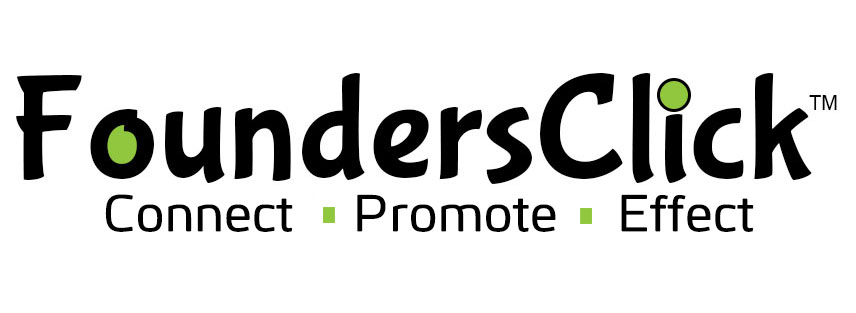Mobile app development is one of the most dynamic and fast-evolving areas in tech. Here's a breakdown of where it stands today and where it’s headed in the future:
Mobile app development is the process of creating software applications that run on mobile devices (like smartphones and tablets). It involves:
-
Frontend development (UI/UX)
-
Backend/server-side development
-
APIs and integrations
-
Deployment and maintenance
Apps can be:
-
Native (built specifically for Android or iOS)
-
Cross-platform (single codebase for both platforms, like Flutter, React Native)
-
Progressive Web Apps (PWA)
Current Trends in Mobile App Development
-
Cross-platform frameworks like Flutter, React Native, and Kotlin Multiplatform are growing because they reduce cost and dev time.
-
AI/ML Integration for personalization, automation, chatbots, and voice assistants.
-
5G is enabling faster, smoother app performance with richer features (like AR/VR, high-res streaming).
-
Augmented Reality (AR) is becoming more common, especially in gaming, retail, and education apps.
-
Mobile Commerce (mCommerce) is booming with integrated payment systems like Apple Pay, Google Pay.
-
Security-first development: With increasing cyber threats, secure coding, biometrics, and encrypted storage are top priorities.
Future of Mobile App Development
-
AI-Powered Apps: More apps will use AI to automate tasks, make predictions, and deliver hyper-personalized experiences.
-
Wearable Integration: Apps will increasingly connect with smartwatches, fitness bands, AR glasses, etc.
-
Voice and Gesture Interfaces: Think less typing, more speaking and moving—apps will become more intuitive.
-
Edge Computing: Real-time data processing on the device itself (vs cloud) for faster performance and privacy.
-
Blockchain Integration: Especially in finance and healthcare for secure transactions and data management.
-
Low-Code/No-Code Platforms: Non-tech users will be able to build basic apps, changing how startups and businesses prototype and deploy apps.
-
IoT Connectivity: Apps that control smart home devices, cars, or industrial systems will continue to rise.
For Students Like You (Engineers!)
If you’re studying engineering and want to enter this field:
-
Learn Flutter or React Native for cross-platform apps.
-
Understand backend basics (Node.js, Firebase, or Django).
-
Practice using REST APIs and database integration.
-
Explore UI/UX principles and tools like Figma.
-
Try building small apps and publishing them on the Play Store/App Store.

 SkillClick
SkillClick
